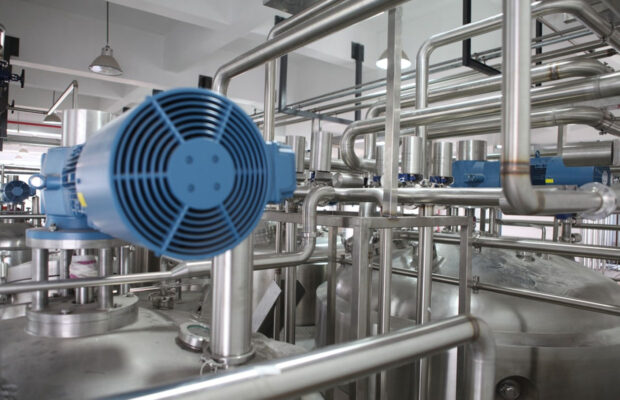How Can Digital Factories Help Businesses?

A digital factory is a smart feature in any manufacturing facility. With the help of the Industrial Internet of Things (IIoT), intelligent analytics processes, and more, manufacturing facilities have developed a new way of monitoring systems of production and ensuring greater qualities and quantities of goods that are produced in their facilities. No matter what kinds of things your center works to create for the open market, the use of digital factory technology can transform the way you think about your fabrication, storage, and supply chain processes.
Digital factories for businesses come in all shapes and sizes, but they mirror the physical infrastructure of your facility and allow you to provide for a number of essential tasks without having to maneuver around essential processes, heavy equipment, and more. From predictive maintenance and anomaly detection to environmental sustainability optimizations, digital factory technology has rewritten the rules on productive manufacturing in a significant way.
Digital factories focus on improved quality of planning, shortened time to market, boosted communication within your team and between IIoT-connected devices, and capable knowledge management that boosts the quality of the facility as a whole.
Digital Factories Offer Enhanced Environmental Protection Considerations
Environmental protections are a common theme among manufacturing enterprises these days. Businesses are turning toward greater drives for sustainability throughout their supply chain and product distribution processes, including, of course, the fabrication of the products themselves.
Environmental sustainability is a great addition to any manufacturing process. This priority allows brands to make greater connections with consumers who are taking the lessons of climate science and global warming to heart. Likewise, manufacturers are finding it completely feasible, responsible, and even profitable to echo these sentiments in their own processes.
With the help of digital factory technology, placing the environmental impacts at the front of any new calculation that will add to the overall production capacity, product lineup, or other metrics is simple. Digital factories offer a digital model of processes and equipment, allowing brands in the industrial space to experiment with their production methods in order to eliminate harmful by-products and wasteful processes from the supply chain and production line.
Routine Predictive Maintenance Comes As A Standard
In addition to environmental impact studies, the use of digital factory mirroring of your physical infrastructure allows your brand to implement greater safety features and reduce the incidence of breakdowns that can cause delays in production, bodily harm to employees, and more. As a result, the morale of your staff is easily boosted with the help of digital factory monitoring techniques. The use of cloud-based systems and Internet of Things (IoT), IIoT, and other AI infrastructure additions makes for a simplified monitoring protocol that quickly and effectively can be used to implement more efficient preventive maintenance workflows.
Staff safety is a priority for virtually all businesses, but implementing protocols that can ensure continued safety features that integrate seamlessly with other essential aspects of business productivity isn’t always simple or straightforward. Once again, the digital factory offers the answer that many brands are looking for.
With the help of monitoring software and digital twin systems, business leaders and research scientists embedded within the brand are able to ensure that systems, components, and everything in between are constantly working at maximum efficiency and operating without issue or hazard to the human workers who are interacting with them.










 © 2024
© 2024
0 comments